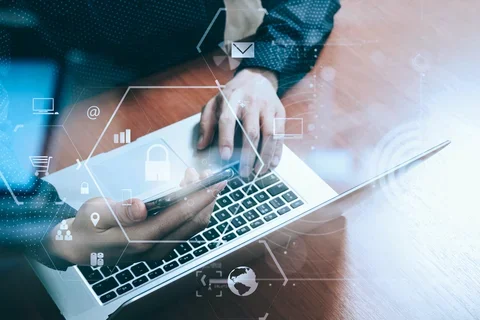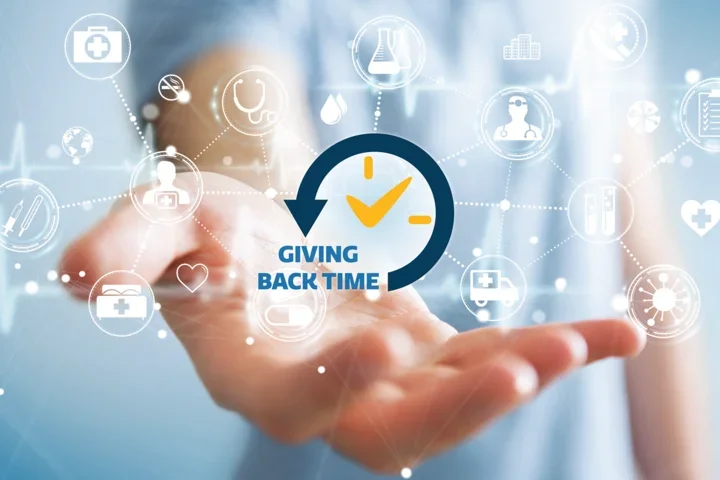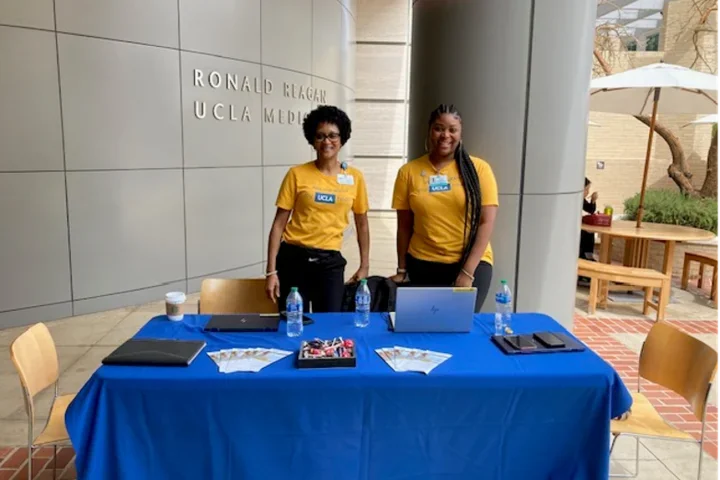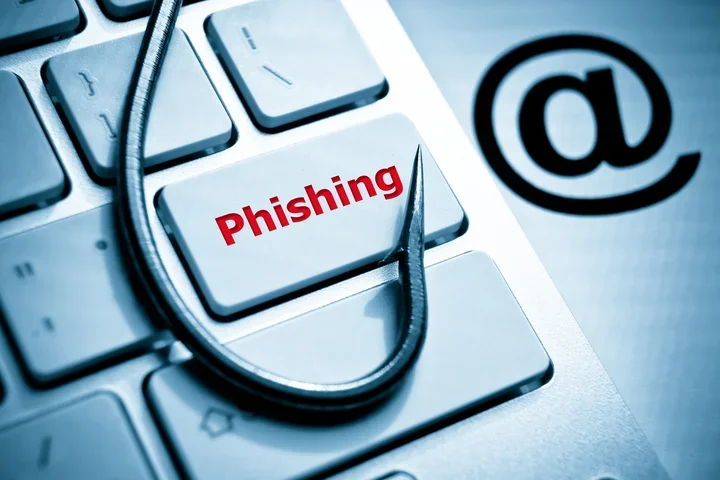Online Safety Reminders

Stay Safe Online
In this unprecedented time with many of our staff transitioning to work remote and increases in email and communications online, please helps us maintain a safe and secure computing environment. Healthcare is in high risk of daily targeted and opportunistic cyberattacks. Malicious users looking to profit off the current situation may send emails with attachments or links to trick victims into revealing sensitive information or donating to fraudulent charities or causes.
Exercise caution in handling any email with a COVID-19-related subject line, attachment, or hyperlink, and be wary of social media pleas, texts, or telephone calls related to COVID-19.
One click has the potential to introduce viruses and malware into your computer and potentially into our IT systems (even if you are connecting to our network with your own personal computer). We have very robust tools in place to protect our IT systems, however, our defense against these types of attacks is even stronger when each of us does our part.
What to Look For
- Be extra cautious with emails coming to your mednet address from external sources. These are identified by banner at the top of the message:
CAUTION - EXTERNAL EMAIL: Do not click links or open attachments unless you recognize the sender” - Emails that look like they are originating from a trusted source like the CDC or even UCLA Health. Double check the spelling of the URL and body of emails. Poor spelling and grammar is often a red flag of a suspicious email.
- Beware of links in all emails. Hover your mouse over embedded links in the body of the email to view where the link will direct you. If the hyperlinked address is different than the address that is displayed, the message may be fraudulent or malicious.
- A sense of urgency or requests for “immediate action” to click on a link or download an attachment should put you on your guard.
- Be aware, professional requests from reputable individuals/organizations would likely come through a official channels and use an organization's email domain. Be discerning when it comes to request sent from domains that allow free email inboxes to be created (e.g. @gmail.com, @yahoo.com).
What to Do
- For Mednet email users, if you are uncertain of an email, forward it to "Dangerous Email" and our teams will investigate it’s authenticity.
- Directly browse to trusted sites when looking up information as opposed to clicking links from untrusted emails.
- Ensure your personal computers are up to date by performing all updates (e.g. Windows updates).
- Ensure you have anti-virus software installed and up to date. For Windows users, the built in Windows Defender is a good option. Others, including Mac OS users can get a free copy of Sophos Antivirus from BruinOnLine through this link.
- Enable multi-factor authentication (aka two-step verification) to your personal email accounts. Most support this feature including Gmail, yahoo and others.
- Do not reveal personal or financial information in email, and do not respond to email solicitations for this information.



